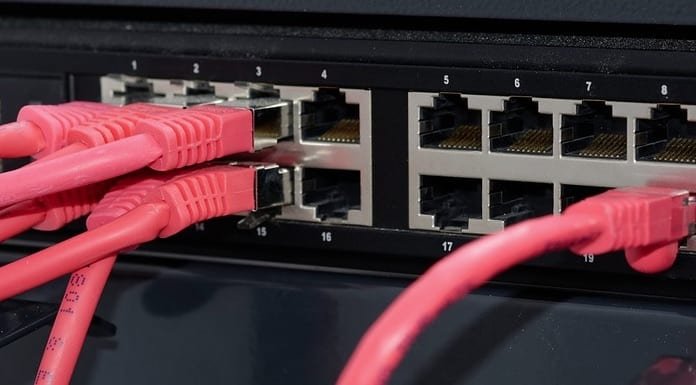3 Count: Repeat Infringer
But they did save $25 million...
 Have any suggestions for the 3 Count? Let me know via Twitter @plagiarismtoday.
Have any suggestions for the 3 Count? Let me know via Twitter @plagiarismtoday.
1: Appeals Court: ISPs Don’t Get Copyright Shield Without Enforcement of Meaningful Repeat Infringer Policy
First off today, Eriq Gardner at The Hollywood Reporter Esquire reports that the Fourth Circuit Court of Appeals has ruled against Cox Communications, finding that the ISP can not hide behind safe harbor unless it has an adequate repeat infringer policy but, at the same time, wiped away a $25 million verdict against the ISP.
The case was brought by BMG Rights Management, which said that the ISP wasn’t doing enough fight piracy on its service. Specifically, they took issue with Cox’s repeat infringer policy, where suspected pirates were served with multiple notices but faced any meaningful action. Cox had tried to argue that a repeat infringer policy only deal with those who were found liable by a court but, at trial, BMG prevailed and won a $25 million judgment.
But while the Appeals Court agreed with BMG on the issue of the repeat infringer policy, it wiped away the verdict over an issue involving the jury instructions. Specifically at issue is the instruction to determine whether “Cox knew or should have known of such infringing activity.” According to the Appeals Court, the words “Should have known” should not have been included as it doesn’t qualify as a red flag under the law. The case now goes back to the lower court, possibly for another trial.
2: Should ISPs Pay to Block Pirate Websites? Supreme Court to Decide
Next up today, Gareth Corfield at The Register reports that UK ISPs BT and EE have had their appeal heard with the Supreme Court of the UK as they seek to overturn a 2016 Court of Appeal ruling that ruled ISPs were liable for the costs of blocking allegedly infringing websites.
Under the law in the UK, ISPs are required to block access to infringing sites when ordered by a court. However, a dispute arose as to who would pay the costs for such blocking with ISPs arguing that it should be rightsholders. The courts, however, disagreed and said that ISPs should be the one to cover the costs.
The two sides argued before the Supreme Court with the ISPs saying that site blocking is similar to orders to turn over documents where the person filing the request pays the cost of gathering the materials. However, rightsholders noted that they already pay for the costs of monitoring and filing for the order, saying they feel their burden is high enough.
3: Despite Protests, ISP Ordered To Hand Over Pirates’ Details to Police
Finally today, Andy at Torrentfreak writes that Swedish ISP Bahnhof has lost its bid to protect its users from copyright investigations and is being required to turn over the identities of some of their customers the police.
Bahnhof has a lengthy history of fighting to protect its users’ privacy. That’s included launching a free VPN service and fighting against data retention laws. It had also resisted attempts by the police to get it to turn over information about suspected pirates claiming that EU laws only require them to do so when there is a “serious” crime.
However, an Administrative Court in Stockholm has ruled that Swedish provisions on disclosing subsriber data do not go against EU law and that Bahnhof is must surrender the data to the police. According to the court, the need for the police to access the data outweighed the privacy rights of of the subscribers. Bahnhof has already said it plans on appealing the ruling.
Suggestions
That’s it for the three count today. We will be back tomorrow with three more copyright links. If you have a link that you want to suggest a link for the column or have any proposals to make it better. Feel free to leave a comment or send me an email. I hope to hear from you.
The 3 Count Logo was created by Justin Goff and is licensed under a Creative Commons Attribution License.
Want to Reuse or Republish this Content?
If you want to feature this article in your site, classroom or elsewhere, just let us know! We usually grant permission within 24 hours.
